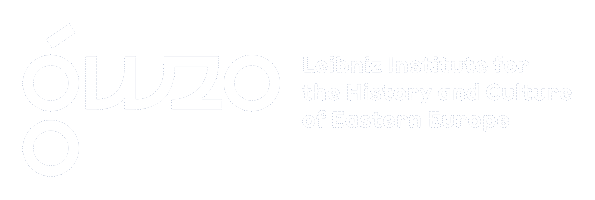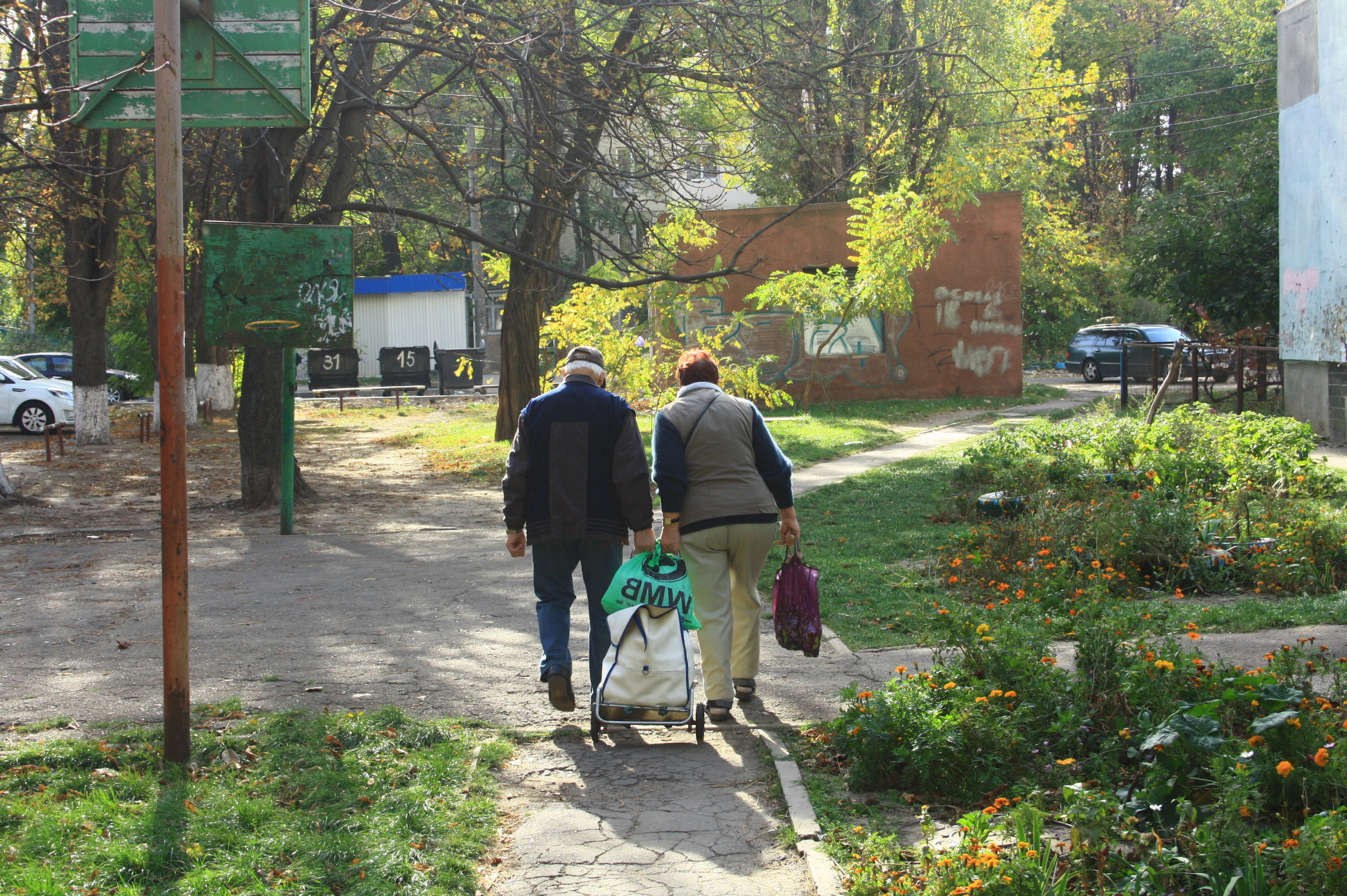
Who Builds Resilience in the City?
by Anastasia Malko
Odesa’s large housing estates are often seen as monolithic relics of the Soviet past — long blocks of concrete, grid-like streets, and empty courtyards. Yet beneath this austere surface lies a network of structures, institutions, and practices that quietly shape how these neighborhoods endure, adapt, and care for their residents.
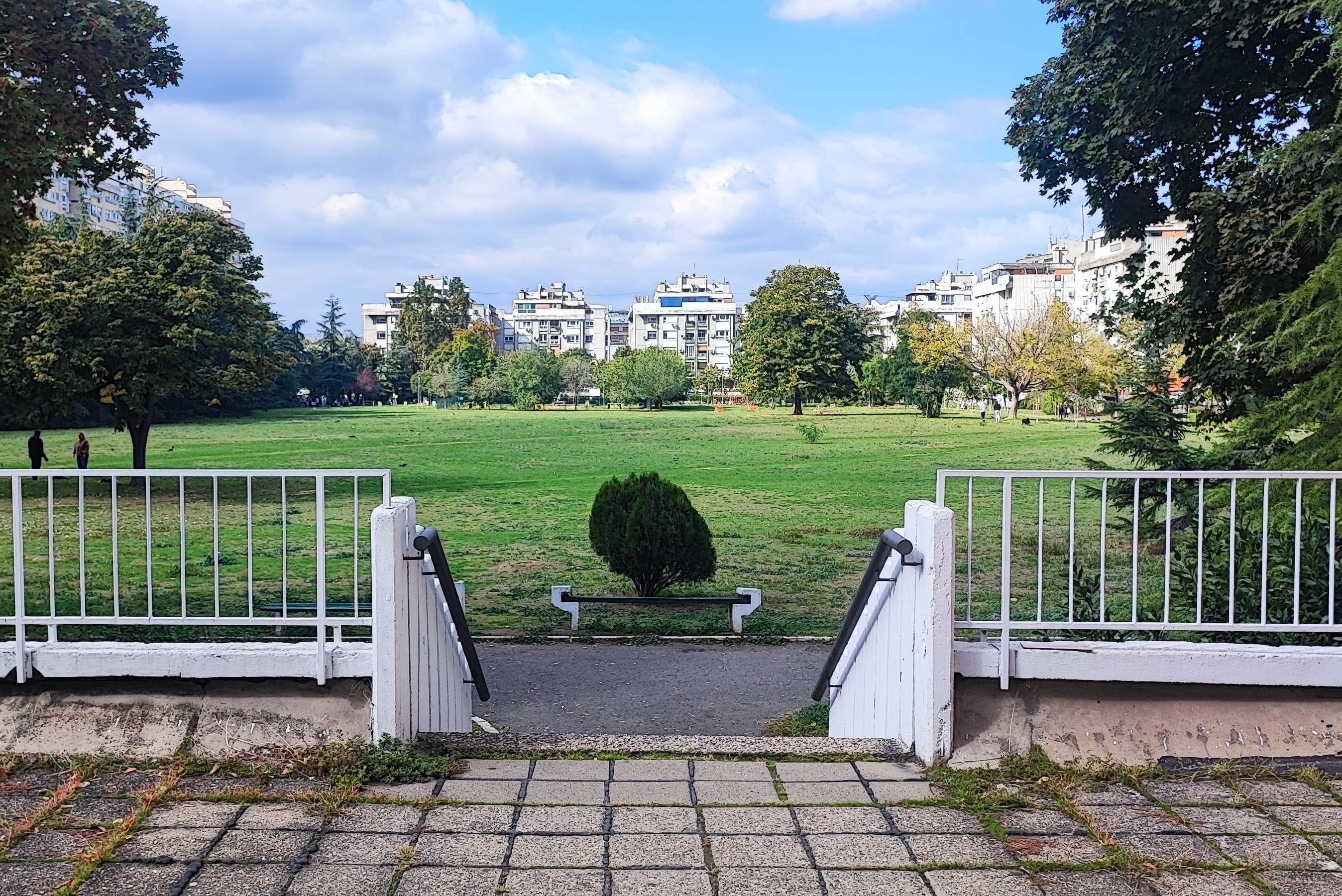
How the modernist open landscape shapes a sustainable vision for urban heritage
by Ekaterina Gladkova
Can Novi Beograd’s open landscapes be more than just residual spaces between concrete blocks? At the heart of Belgrade’s modernist housing district lies an urban and landscape structure with wide boulevards, generous green belts, courtyards and riverside promenades. It was conceived in the immediate post-war years as a model of socialist modernity and collective urban life.
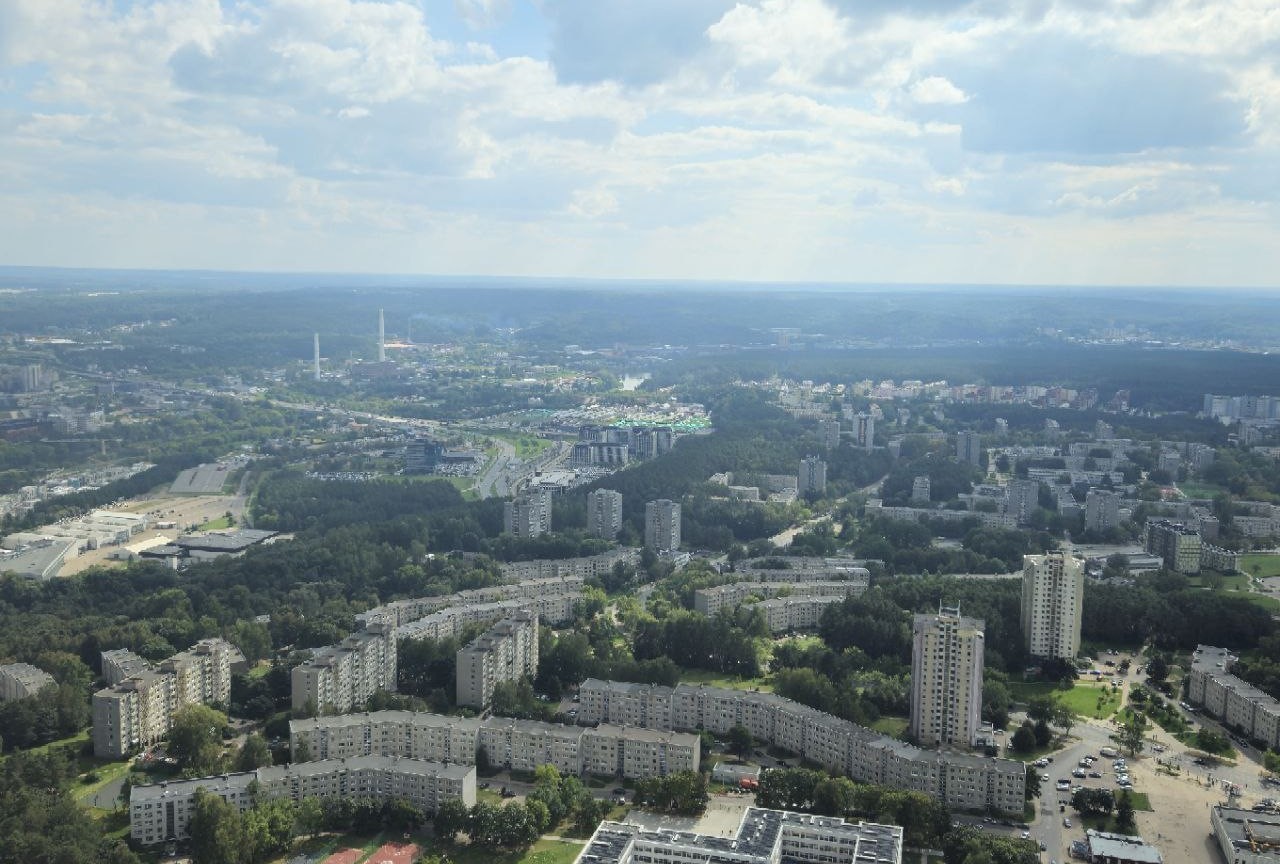
Insights for Ukrainian Mass Housing
by Anastasiia Bozhenko
One of the most visible differences between the mass housing estates in Vilnius and Kharkiv, noticeable even during an ordinary walk, is the contrast in both the vertical and horizontal scale of their building structures. In Kharkiv, this is most evident in the Saltivka district, where long sequences of 9- and 16-storey blocks, interspersed with occasional five-storey “Khrushchevkas,” generate a sense of overwhelming density and mass that surpasses what the human eye or body can comfortably grasp.
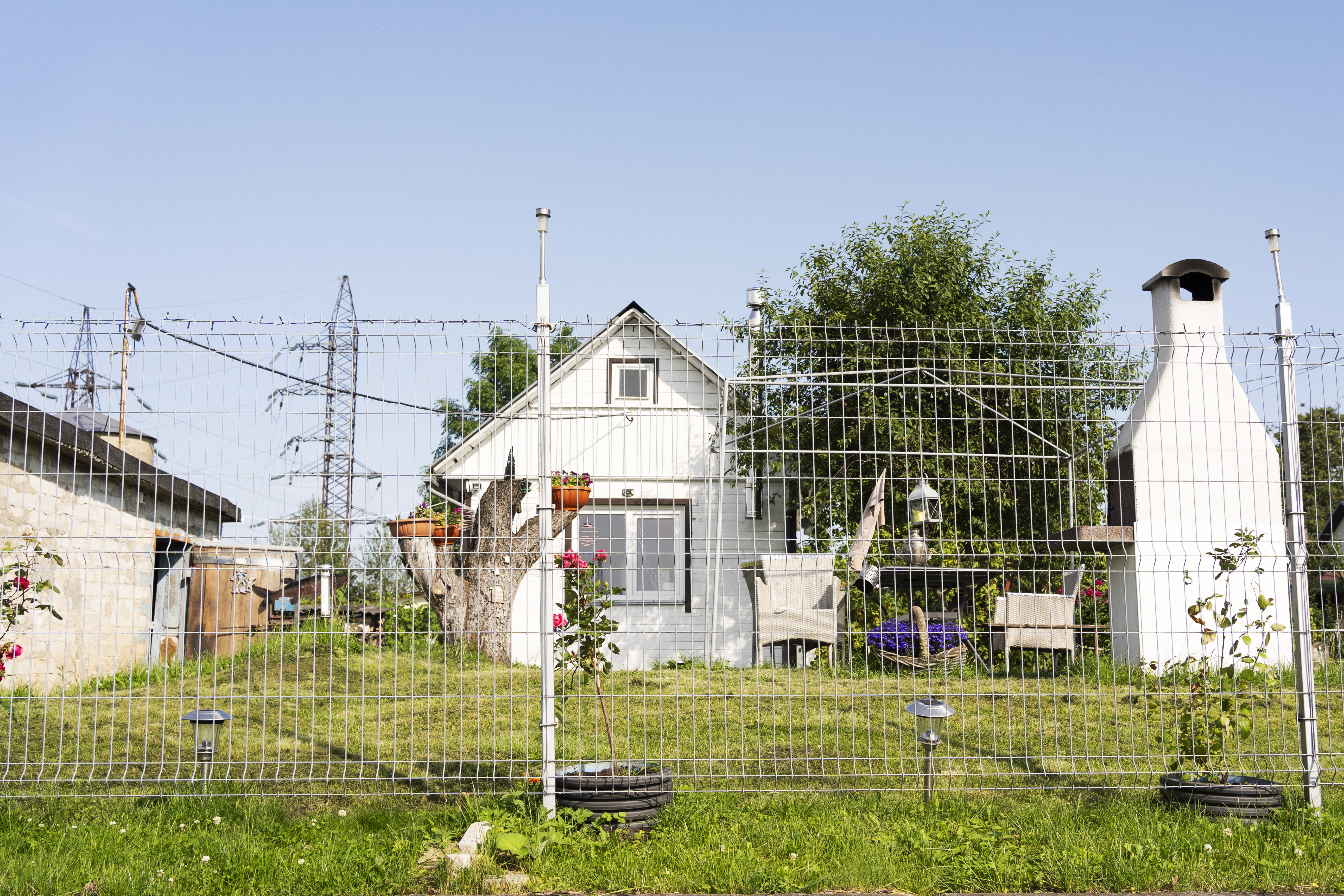
Vernacular Landscapes in an Industrial Town at the End of the Western World
by Saara Mildeberg
The industrial history of Narva in Northeast Estonia is mostly associated with the textile giant Kreenholm (1857-2010) or the secret Soviet military complex Baltijets (1947-1993), but energy production, which continues to shape the whole region of Ida-Virumaa, is less discussed. Maybe because the industry is still ongoing? Maybe because its future is heavily negotiated, both in terms of the environmental hazards and the geopolitical safety of producing energy from oil shale?
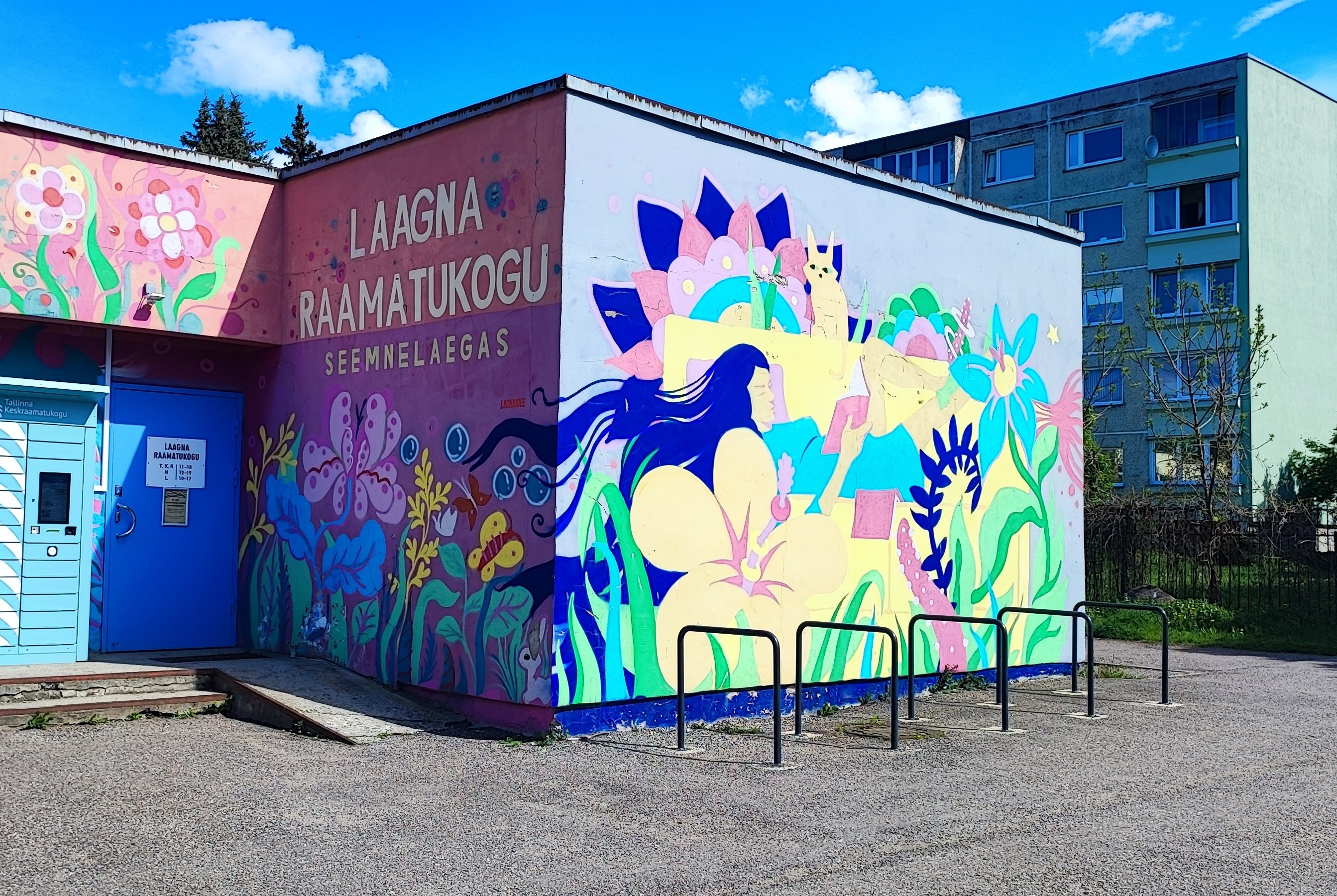
Cultivating Civic Space in Lasnamäe
by Ekaterina Gladkova
In the heart of Tallinn's largest Soviet-era district, Lasnamäe, a quiet yet meaningful urban transformation is taking root. What began as a modest grassroots initiative has turned into a symbol of civic agency, spatial care, and environmental awareness. Lasnaidee is a community-driven platform founded over a decade ago. It has become an incubator for new urban practices. Among its most visible outcomes is Laagna aed, a public garden that challenges the way we think about common space in post-socialist cities. (https://lasnaidee.ee/laagna-aed-vana/?utm_source=chatgpt.com)
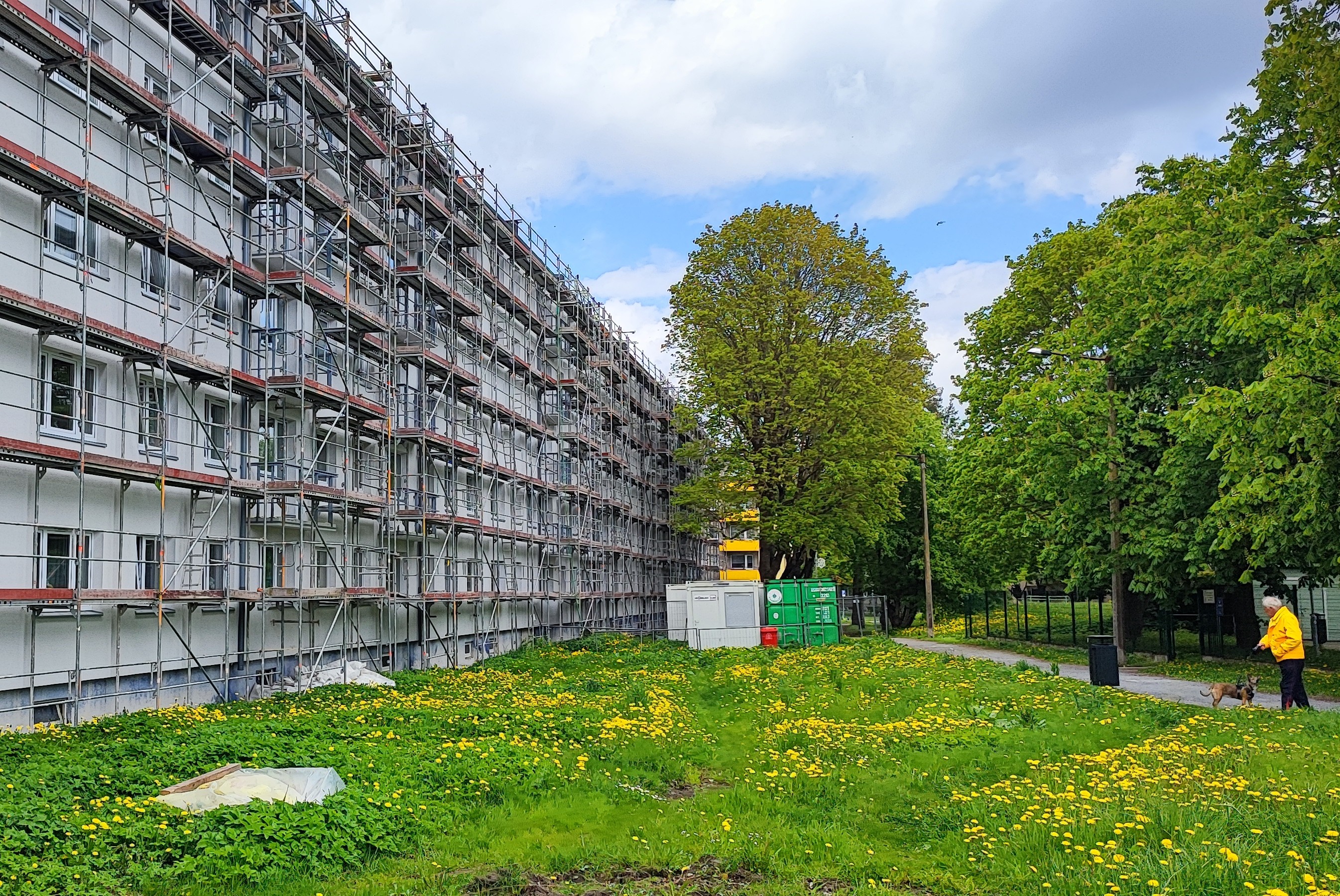
What Estonia’s Mass‑Housing Renovation Can Teach Us About Participatory and Sustainable Urban Futures
by Ekaterina Gladkova
Can prefabricated panel houses from the 1960s become a symbol of a sustainable and inclusive urban future? In Tallinn’s Mustamäe district, a large-scale renovation initiative SOFTacademy is testing exactly that. With four buildings, €5 million in EU funding, and hundreds of residents involved, the project aims to rethink how approach housing transformation not only technically, but socially, politically, and culturally.
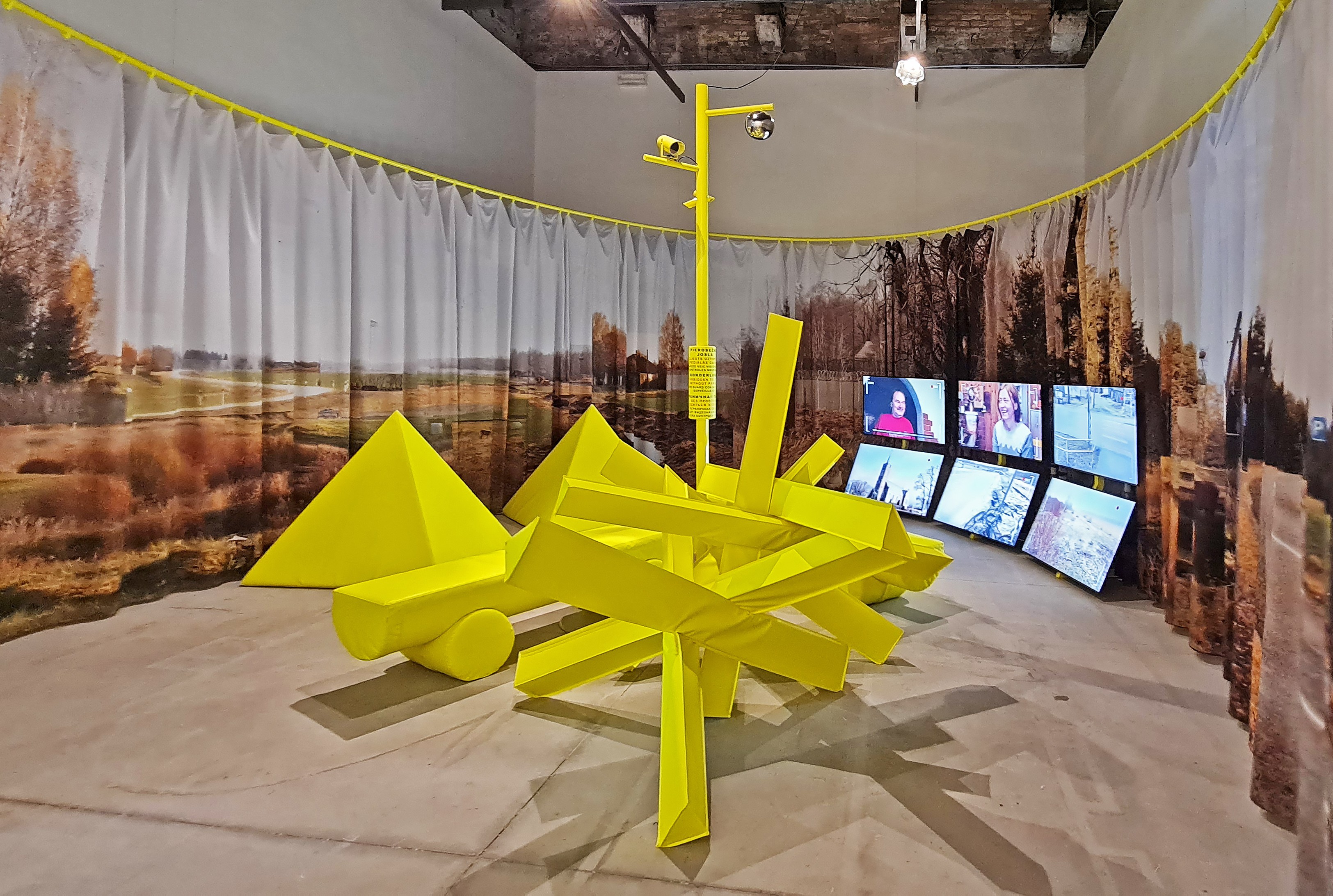
Three Messages from the 2025 Venice Biennale
by Elena Batunova
The Venice Architecture Biennale has long transcended its role as a professional event within the architectural profession. It has evolved into a platform for collective reflection on the challenges that humanity faces and how architecture can serve as a response, a language, a tool, and a way of showing care. The Biennale is not merely about buildings; it is about the meanings we invest in space and the future that we can collectively envision.
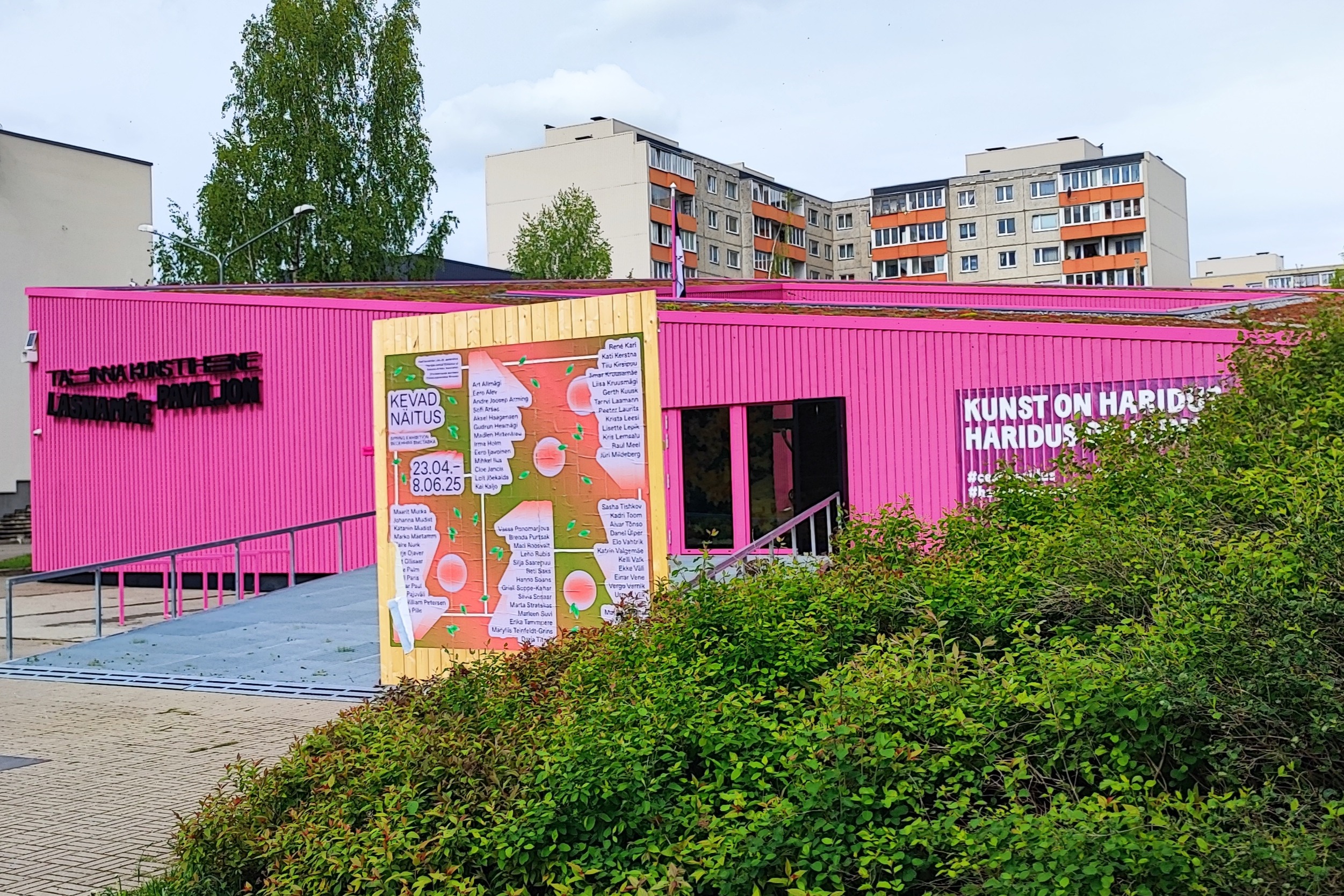
Contemporary Art in Mass Housing Estates
by Ekaterina Gladkova
When the main building of the Tallinn Art Hall on Vabaduse Square in the city center closed for major renovation, the need for a temporary exhibition space became evident. What came as a surprise, however, was its new location in Lasnamäe, Tallinn’s largest district, characterized almost entirely by Soviet-era prefabricated housing blocks.
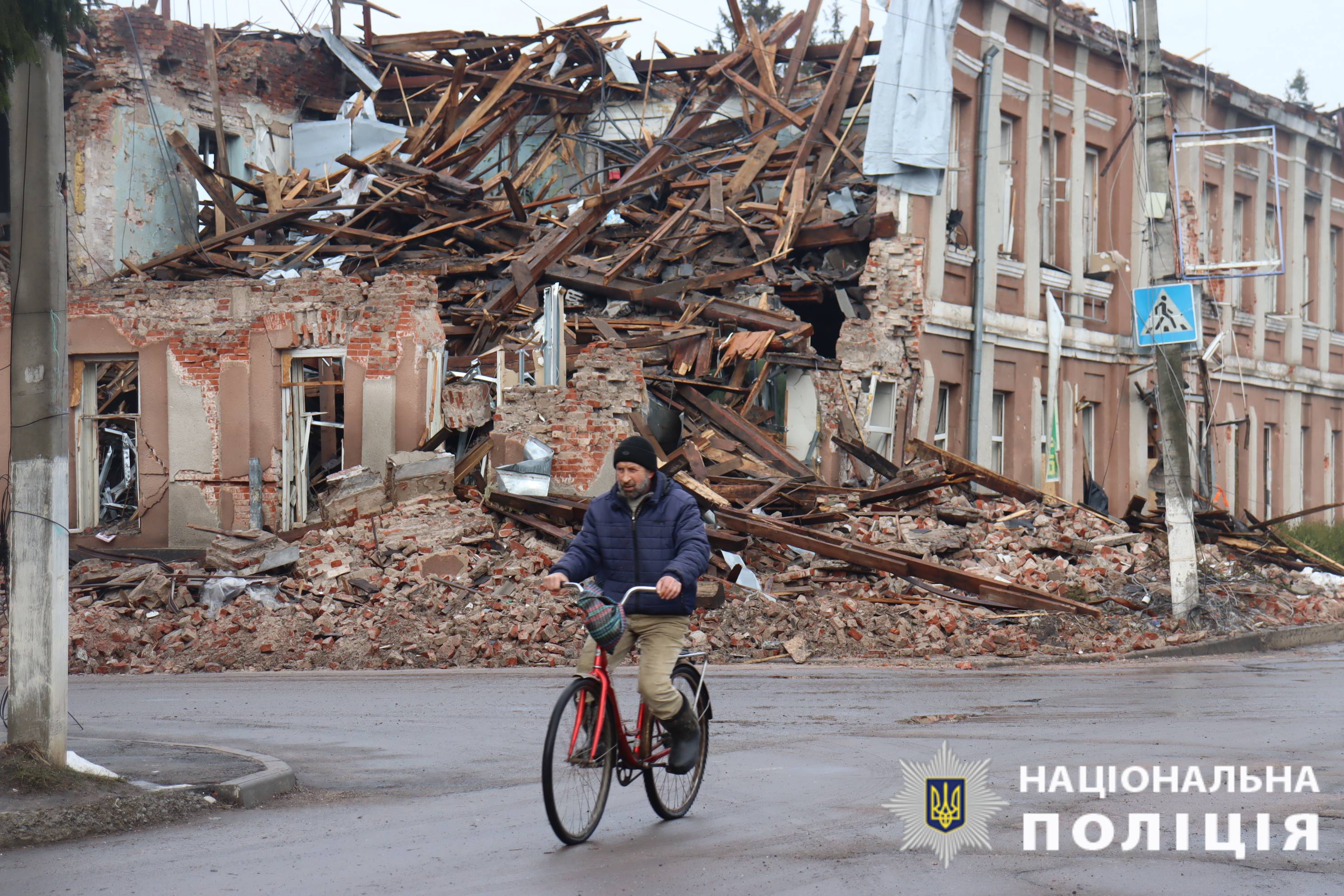
How to Talk About the Rebuilding of Ukraine in the Fourth Year of Full-Scale War?
by Anastasiia Bozhenko
How can we talk about rebuilding when destruction continues every day? In the spring of 2022, even as the shock of invasion had barely settled, conversations about Ukrainian reconstruction had already begun. At first, they were a way to cope with trauma and regain a sense of control. But even then, it was clear: rebuilding in a time of war demands a fundamentally different approach—one that addresses not only infrastructure and planning, but memory, participation, and ethics.
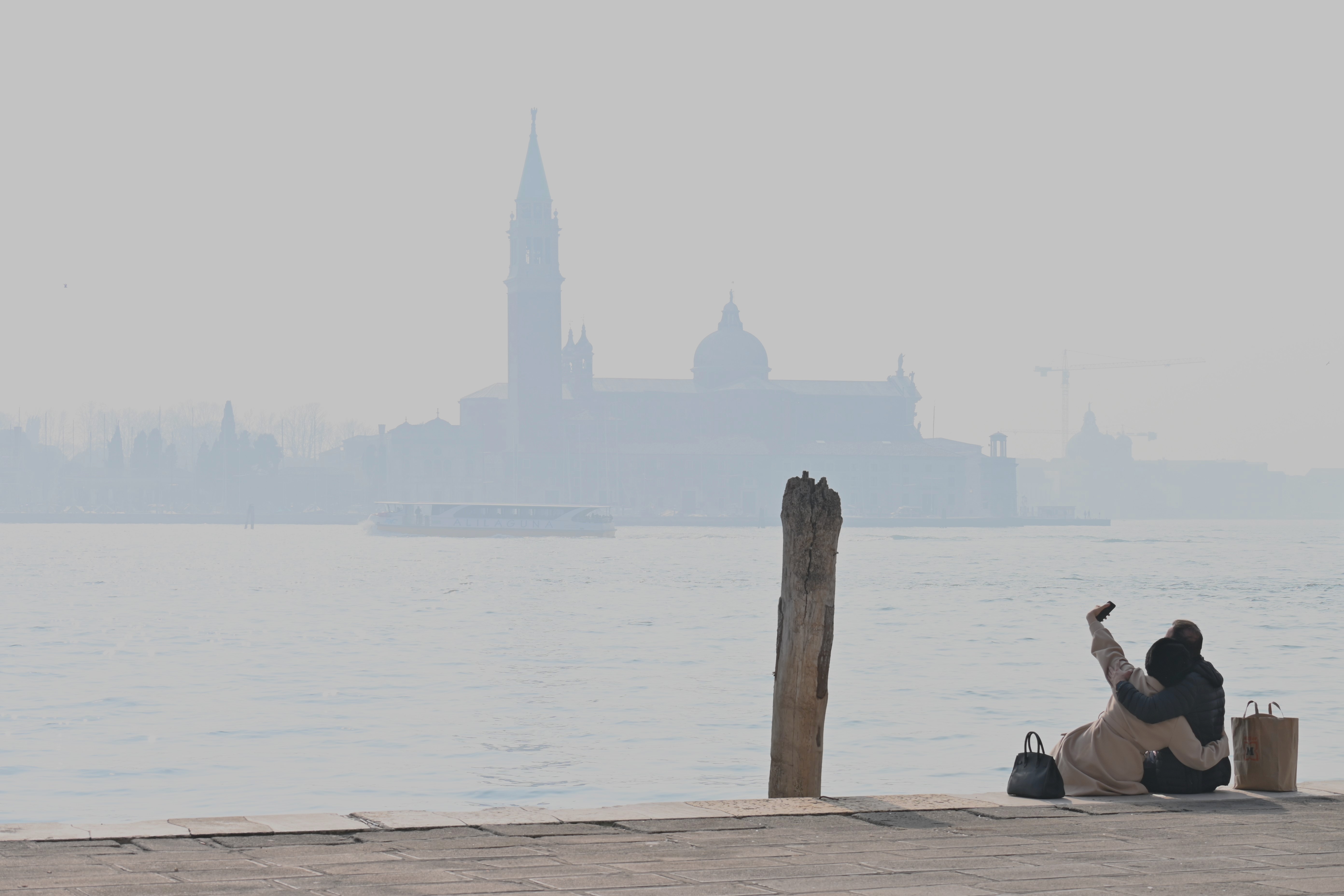
The Ethics of Adaptation: What Venice Teaches Us About Residential Heritage
by Elena Batunova
“There is a rule... that heritage must be preserved, but you also have to allow it to be used, to be lived in... if no one uses it, no one restores it, and so it ends up dying.”
-Marco Rodriguez

